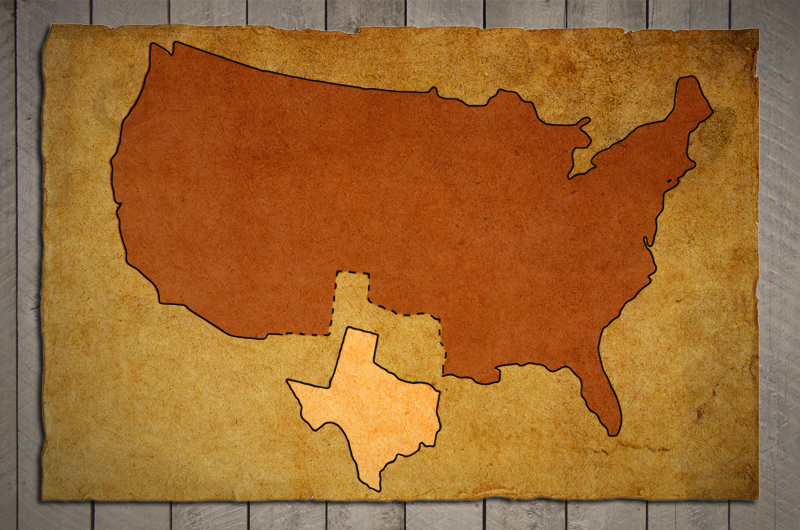Intro
I found Ryan McMaken’s talk to be very intriguing. I came in very hesitant based off the title. The word secession carries with it in my mind a negative connotation. I think that this is probably the same for many of my peers because our entire life we hear of secession in sort of a negative way when learning about U.S. history. The Confederate secession from the United States is often viewed negatively because of its association with the preservation of slavery. An issue such as slavery is rightly viewed negatively, but the shadow it casts over what I think most people’s perception of secession is, isn’t necessarily just.
Self-Determination
Self-determination is a key point throughout much of McMaken’s talk. He makes sure that the difference between what some people define as self-determination, and what he defines as self-determination, is clear. He mentions that some people or groups will misuse the word self-determination for their own purposes, but the true meaning is crucial since it lies at the heart of why groups of people should secede. Self-determination, in the context of secession, refers to the right of a group of people within a larger political entity to freely choose their own political status, including the possibility of forming an independent state, without interference from external forces. It embodies the idea that people have the inherent right to govern themselves and shape their own destiny according to their collective will. With this picture of self-determination, it is undeniable that the negative connotation that came to mind with the word secession is not just. Secession can undoubtedly be a powerful tool for personal liberty and the liberty of a group of people.
Wealth
I also found it interesting that he discussed how smaller nations are typically more wealthy, with a higher GDP per capita. Many of the richest nations in the world are some of the smallest. He uses the example of how Norway is basically the size of Colorado. This was something that I had never considered before. He mentioned that the smaller nations are more nimble and usually have lower taxes, something that larger nations with a lower GDP per capita cannot compete with. This fact addresses the concerns that breaking a larger country up into smaller countries would make them less wealthy and proves otherwise. More smaller nations instead of fewer large nations would allow for more economic experimentation in a similar way to what we discussed on the topic of universal basic dividend. Smaller nations created by secession would be less divided on economic policy and would thus be more likely to experiment with different methods and lower taxes. Such a competitive environment between the new smaller nations would increase innovation and create value.
Tyranny of the Majority
Coming back to the idea of self-determination, McMaken discusses how secession can be useful for minority groups to gain the representation they deserve. In fact, sometimes it is the only option. He refers to other “weapons of the weak” such as violence or terrorism. These are methods used by groups who have no power or control over the policies that govern their lives and feel the need to act to reclaim power. In my opinion, secession seems the most peaceful “weapon of the weak” and much better than the violent alternatives. Secession is a valuable tool when traditional systems fail to give equal rights to a minority voting group. It creates avenues for more representative government tailored to the group’s unique needs and perspectives.
Military Power
The last major aspect McMaken discusses is military power. Another common objection raised against secession is that splitting a larger nation into smaller pieces weakens the military power of each newly created country and leaves them open to invasion. To address this concern, McMaken breaks down what it takes to really have military power. He asserts that it boils down to how much income a nation can convert into wartime effort. He uses China as the fictional example of a potential threat to the national security of the United States for example. Even if the United States were to split into smaller nations, we would retain our higher standard of living that leaves more income to be used for war. Essentially, we could survive higher taxes to pay for war than most other countries that would pose a threat.
The next concern raised along the same lines is that new bordering nations would immediately break out into war. This isn’t very believable however, as countries with a shared language and history are more likely than ever to be peaceable. Proximity fosters economic interdependence and cultural exchange, creating mutual incentives for peace and cooperation. After this talk, the word secession has much different connotations in my mind. I now see that it can be extremely liberating to those who feel they have no voice. Instead of the association with oppression that was fostered in my mind for so long, I see that it has quite the opposite effect. Secession can liberate the oppressed minority and grant them the right that all people groups deserve, the right to self-determination.
